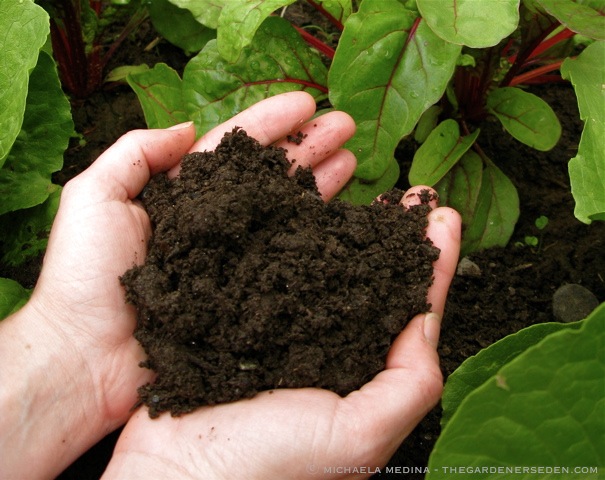
Gift-Thinkers
We live in a market economy. We buy whatever we want or need. If we give gifts, most of the time they are bought in the store, not made with our hands. For a large portion of human history, resources belonged to the community. But then someone conceived of a different construct in which all things are commodities to be bought and sold, and now we are left with an uneven distribution of resources as well as disregard and devastation of the natural world.
In contrast, the Native understanding of the world was based on a gift economy. The earth provided all that they needed to survive and thrive. Everything was given generously and one’s role in receiving was to do so with awe, humility and gratitude.
In a market economy a gift is defined as something that is "free" or doesn't require an exchange of currency. But in a gift-thinker culture, a gift is not free. Robin Wall Kimmerer, in her book "Braiding Sweetgrass," says, “The currency of a gift economy is, at its root, reciprocity.” The gift creates a set of relationships, relationships built on caring, sharing abundance, and compassion. It’s a relationship of giving and receiving.
There is a difference in how we feel about things we purchase versus something we've been given. For example, I have socks that I’ve bought, socks that have been gifted to me and socks that were knit for me and gifted to me.
I like the socks I purchases, but I really have no bond with them. But a gift establishes a feeling bond between two people. Every time I wear the socks that were given to me, I think fondly of the person I got them from. And every time I wear the socks that were made for me, I not only think fondly of that person, but am humbled by the time and energy they spent to make them stitch by stitch.
Being a gift-thinker means that we consider not only our relationships with other people when a gift is exchanged, but our relationship with the earth, trees, plants, and animals who gift us with their lives for our survival. It is people who capitalize on these beings, sadly. Gift-thinkers remember the gift of life given in the object.
Another difference between a market culture and a culture of gift-thinkers, is that the nature of gifts is that they move, they are passed around, and their value increases with their passage. The more something is shared, the greater its value. In a very real way, nothing belongs to any one person in particular, but to everyone, so there is less possessiveness and more willingness to let go of something one might have to give it to someone else who might need it or appreciate it.
In this is the wisdom of Proverbs11:24-25 “One person gives generously, yet grows wealthier, another is stingy, yet only grows poorer. The generous person will flourish, and the one who refreshes others will be refreshed.”
I don’t think it is talking about how much money we have, but how wealthy our souls are. Giving generously fills our souls with joy, because we’re living from a place of abundance and gratitude. This proverb is about balance and reciprocity.
The term "Indian giver" emerged because of a cultural misunderstanding “between an Indigenous culture operating in a gift economy and a colonial culture predicated on the concept of private property. When gifts were given to the settlers by the Native inhabitants, the recipients understood that they were valuable and intended to be retained. Giving them away would have been an affront. But the Indigenous people understood the value of the gift to be based in reciprocity and would be affronted if the gifts did not circulate back to them. Many of our ancient teachings counsel that whatever we have been given is supposed to be given away again.”
In a culture of gift-thinkers, we also don’t take more than we need. It reminds me of our run on toilet paper at the beginning of the pandemic. In a market society, its win or lose, take or miss out, and people were afraid and panicked. In a gift-thinker culture, each person would be aware of the need of others and not take more than necessary, maybe sometimes even less than necessary, to make sure everyone has enough. In our case a few years ago, the stores had to start regulating how much people could buy.
We live in a market economy that is as normal to us and as subconscious to us as breathing. I have to wonder if it is possible to live as gift-thinkers, with a heightened sense of where things come from? Can we develop a feeling bond with the earth and all that is on her that sustains us? Can we learn to give generously of what we have recognizing that at some level all things are gifts from the earth and not our possessions?
Can we consider the tree in the tissue we pull from the box? The grapes in our wine? The berries in our jam, the milk from animals in our butter and cheese? Just looking at the things in my office, I’m suddenly aware at how clueless I’ve been. And how much weird, useless stuff I have. Were these things really worth the life that was sacrificed to make them?
This is hard work, hard spiritual work, to be aware, to be grateful, to be in relationship with the earth and all that she’s given us. We probably won’t manage it on a regular basis. But perhaps if we slow down, or stop and look around a little more often, we’ll see the world differently.
Love & Light!
Kaye



